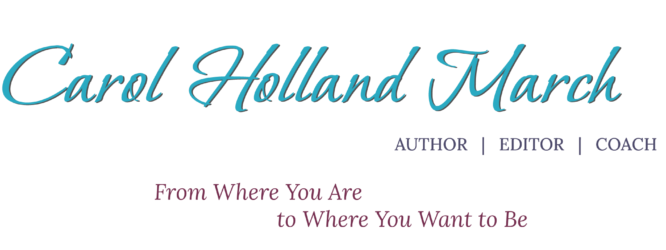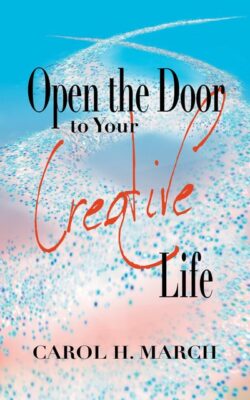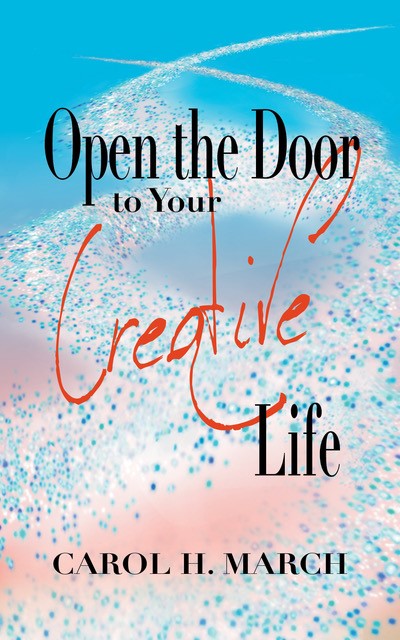
I teach a course in writing for healing because I’ve learned that journaling about difficulties in life leads to new understanding, insight, and compassion. It can even lead to creating a new story for our life.
Words heal. Thoughts heal.
So what is healing in our difficult, erratic world?
- Anything that helps us mend, lifts our spirits, invigorates us, points in new directions
- Insight, changing our mind, understanding a different point of view, feeling the connection of all life on earth, however fleetingly
- Friends, companions, colleagues, adversaries
- Meeting a challenge, learning a new skill, finding the courage to speak our truth
- A band-aid, an aspirin, herbs, medicine, massage, loving touch, laughter, a good listener, a friendly smile
- Sitting still on the bank of a river, on a beach, in a high meadow inhaling the scent of pine needles
- Quieting the mind, holding a sleeping child, stroking the fur of a beloved pet
- Spotting a rare animal on a hike, sunlight dancing through treetops, birdsong
- Poetry, music, dancing for joy, writing from the heart, saying what we mean
- Using our creative gifts to make someone smile.
In the book, Healing Words: The Power of Prayer and the Practice of Medicine, Larry Dossey, MD, discusses the concept of “prayerfulness,” a state where a person does not pray for something in the traditional sense, but lives with a sense of the sacred, of being aligned with “something higher.”
Prayerfulness accepts without being passive and is grateful without giving up. It is willing to stand in the mystery of life when the rational mind falters. It is also related to recorded instances of spontaneous healing, from cancer and other difficult diagnoses.

Local writer Lynn C. Miller and friends contemplate healing on their latest podcast of The Unruly Muse.
In this episode, John and Lynn search for the soothing moments, the healing balm, the uplifting. In a world fractured and fractious, a country aching for change and most of all relief, possibilities occur that can lessen the load and lead to equanimity. We find comfort in song, music, connection with others, the natural world, and childhood dreams of unbounded time.

I view healing as more change than repair—as growth, becoming, learning, wisdom, humility.
For a person on a healing path, life is no longer routine, tethered to the demands of the external world. It becomes magical. Intuition, feelings, and impulses are welcomed and explored.
The magical approach to life assumes we have had a hand in creating everything we encounter. And that means if we don’t like what we experience, we can change it.
Change our words. Change our minds. Change our lives.



